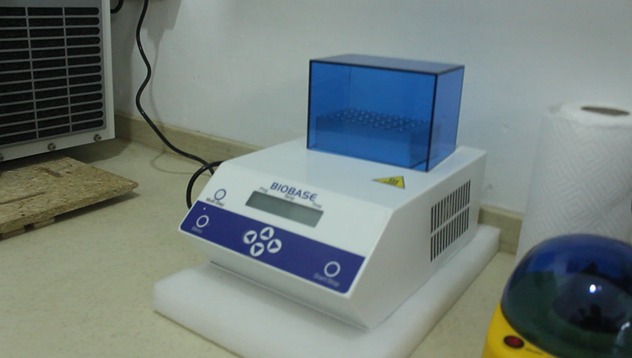
The Emergency Support to Rural Livelihoods & Food Systems (ESRF) project has come to an end, but its impact on rural communities across Ghana will be felt for years to come.
A validation workshop held at the Hill Palace in Aburi, attended by stakeholders from the Ministry of Food and Agriculture, International Fund for Agricultural Development (IFAD), Food and Agriculture Organization (FAO), and other organizations, celebrated the project’s achievements and highlighted the importance of continued support for beneficiary smallholder farmers.
The ESRF project, which was implemented in 96 districts across the country, aimed to mitigate the impact of COVID-19 on rural livelihoods and food systems.
The project’s National Coordinator, Dr. Hayford Baah-Adade, presented a report highlighting the successes and challenges of the project.
According to the National Coordinator, 26,700 farmers received Personal Protective Equipment (PPEs) and were sensitized on COVID-19 effects.
Additionally, 24,782 farmers received improved seeds and fertilizers, while 4,790 vulnerable Smallholder Farmers (SHFs) received GHC 2,100 each.
Other notable achievements include the training of 2,612 value chain actors on structured market systems and the provision of digital marketing training to 70 stakeholders.
The project also invested in infrastructure development, constructing 51 boreholes, 200 hectares of water harvesting schemes, and 47 produce drying platforms.
Furthermore, 45 kilometers of farm tracks and access roads were constructed and 229 beneficiary groups received agro-processing equipment.
Dr. Baah-Adade emphasized the importance of sustaining these achievements after the project’s completion. To achieve this, and for the boreholes and water harvesting schemes, water user groups were established to manage the investments, including repairs and maintenance.
The interventions have been formally handed over to its beneficiaries at both local and national levels, with key stakeholders like GIDA, CWSA, DFR, WFP, FAO, Chief Executives of all beneficiary Districts, and traditional leaders playing a crucial role in the handover process.
The National Project Coordinator called on all partners who were involved in the project’s achievements to continue supporting beneficiary smallholder farmers to sustain these gains. “We are grateful for the support we received during the implementation of the project,” Dr. Baah-Adade said. “We cannot achieve this level of success without you all.”
The ESRF project was a testament to the power of international cooperation in addressing global challenges like COVID-19. As the project closes, its legacy will continue to inspire sustainable development in rural communities




